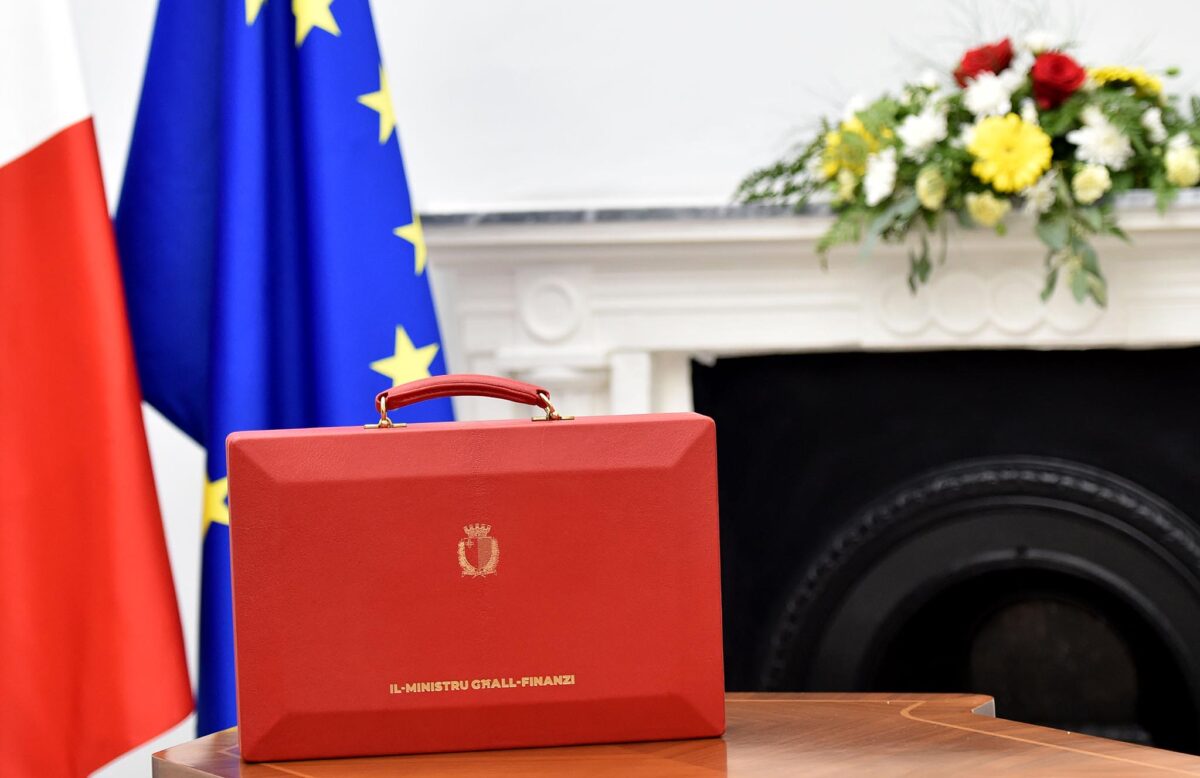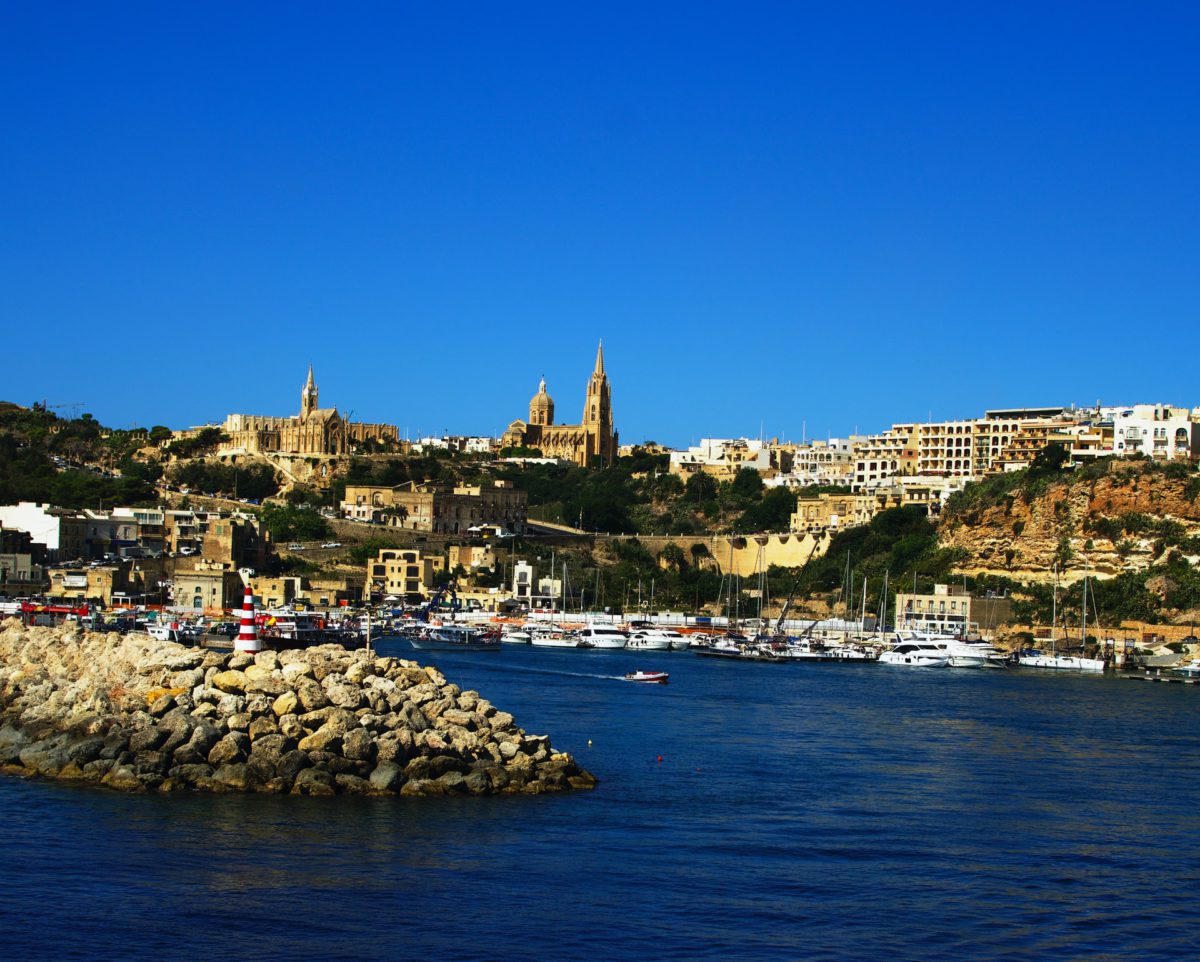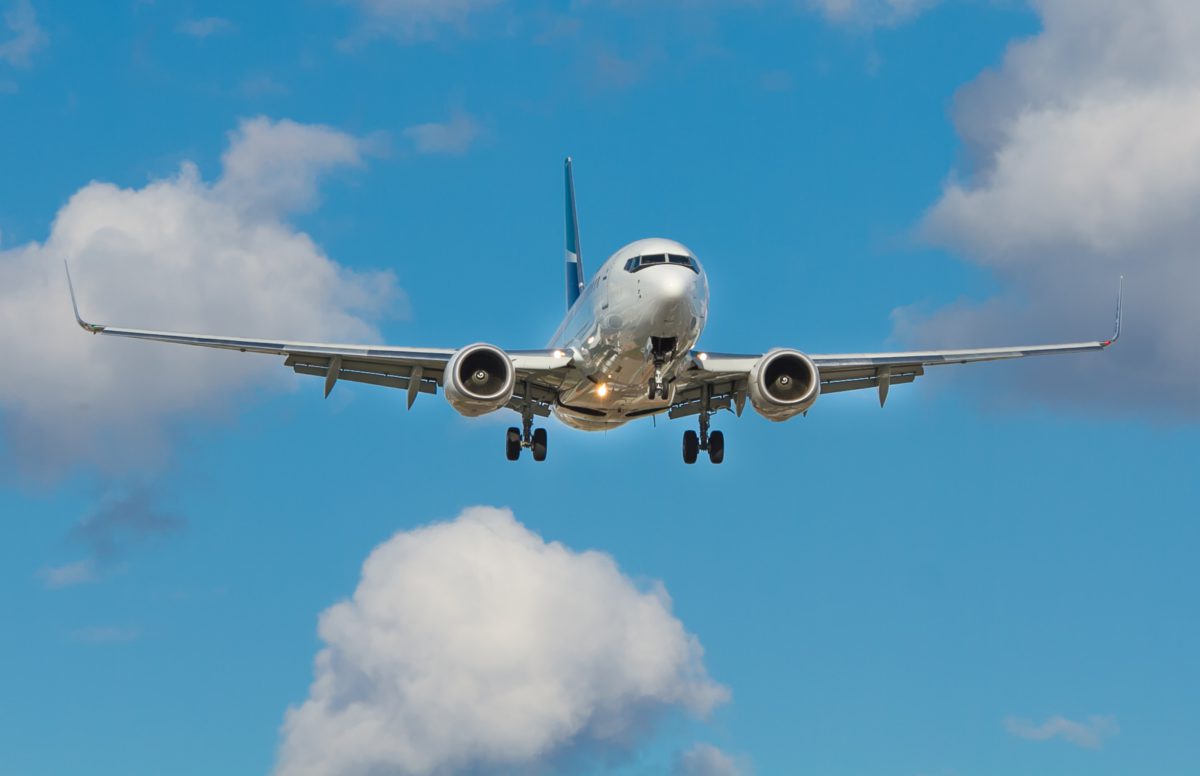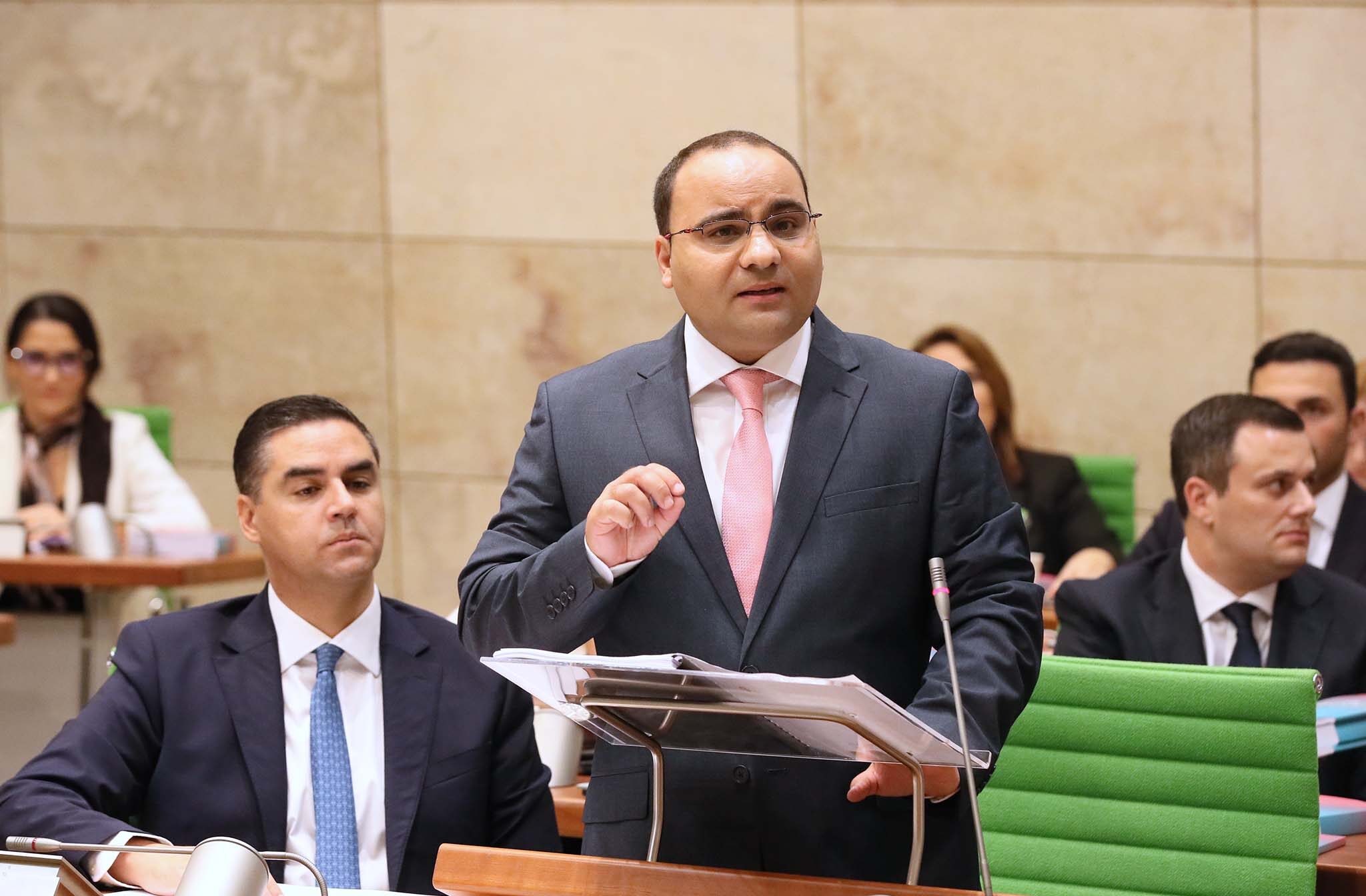Malta’s social partners, representing thousands of employees and businesses across Malta and Gozo, while acknowledging the Government’s efforts in extending and introducing social measures, point out that the 2025 budget lacks measures addressing key economic concerns, particularly targeting productivity and competitiveness.
On Monday (yesterday), the Minister for Finance and Employment, Clyde Caruana, delivered the budget for the upcoming year, announcing key measures that will impact businesses and employees.
‘Manifesto promse to reduce tax for businesses, for another year, has not been fulfilled’ – SME Chamber
The Malta Chamber of Small and Medium-Sized Enterprises (SMEs) described the budget as one “of continuity,” referencing the continuation of “essential” energy subsidies for business sustainability. Additionally, it comments that the extension of work-life balance measures for the self-employed was a positive step forward.
Nonetheless, it notes that none of its proposals were adopted with “businesses barely mentioned in the budget document.”
While welcoming the widening of tax brackets, the SME Chamber highlighted the Labour Party’s electoral manifesto promise to reduce tax for businesses from 35 per cent to 25 per cent, which “for another year has not been fulfilled.”

“This continues to place local businesses at a disadvantage compared to foreign owned businesses who are effectively taxed at five per cent,” it added.
In addition, the SME Chamber remarked that while the subsidy for electric vehicles has been retained, it is being cut from €11,000 to €8,000. “We believe that the adoption of green transportation should be encouraged further.”
Wrapping up its overall outlook on the budget, the SME Chamber stated that the budget “falls short in addressing other critical challenges that businesses are facing.” It commented that several serious issues were only briefly mentioned, “lacking the decisive action that Malta urgently needs at this stage of implementation.”
“The serious employment related uses, such as the pressing issue of job-skill mismatches and recruitment challenges, bureaucracy and issues with the countries’ overall infrastructure merited more attention in the budget,” the SME Chamber added.
Additionally, it expressed its belief that key issues seriously affecting productivity have not been given the importance they deserve.
‘Budget lacks necessary measures and economic vision to drive a major quality leap’ – Chamber of Commerce
Similarly, the Malta Chamber of Commerce, Enterprise and Industry pointed out that 2025’s budget incentivises consumption but “does not address productivity, competitiveness and attractiveness for investors.”
It stated that while the Government has recognised the importance of quality over quality, the prevailing theme behind Monday’s budget, “it lacks the necessary measures and economic vision to drive a major quality leap and a tangible improvement in the well-being of society.”
The Chamber further noted that the budget’s focus is on distributing wealth rather than generating it in a sustainable way and misses the opportunity to introduce concrete measures that address key issues namely productivity and value-added employment, skills needed by the industry in the immediate future, over construction, enforcement and advanced digitalisation and innovation, among others.
“The budget is finally introducing the concept of an auto-enrolment with opt-out mechanism for occupational pension schemes. While the Government will be matching contributions for public sector employees, the Malta Chamber notes that employer incentives to do the same have not been improved,” it said. This, the Chamber added, puts private employers at a disadvantage on the labour market.
It observed that despite good governance being an essential tool to achieve quality, accountability and improvement in productivity, the budget did not allocate funds for long-overdue reforms, for instance, in public procurement.
Notably, the Chamber remarked on the Government’s understanding of the extent to which traffic congestion, overpopulation and abuses in construction are impacting the quality of life and that there is willingness to discuss measures to address these issues with social partners, “and this is a step in the right direction.”
Finally, it calls for a budget to be developed within the context of a strategic plan, with a broader long-term outlook. It believes that this plan should precede the budget outlining funding requirements based on long-term objectives with clearly defined milestones.
“This has not been done so far and hence this budget represents another missed opportunity to address significant challenges impacting overall well-being and the country’s competitiveness and attractiveness,” it said.

‘There is nothing concrete in how the economy will be transformed to render it more sustainable, resilient and future proof’
The Malta Employers Association (MEA) remarked that the budget is once again placing an emphasis on social measures, “which are not matched by commensurate competitiveness-enhancing measures to ensure balance in future economic growth in the years to come.”
The MEA acknowledged the widening of tax bands, public expenditure in education, the potential revisions in Wage Regulation Orders, and the extended participation of older individuals of the labour force. Here, it recommends such measures to be further reinforced in line of its recent recommendations to ensure long-term success.
It further the Government’s commitment to match the second pillar contribution of its employees. “While the MEA does not object to raising the conditions of work of public sector employees, it believes that these improvements need to be matched by productivity gains and better accountability, possibly also through a reduction in manpower in areas where it is appropriate and where workers can be more productively employed,” it continued.
While welcoming the Government’s commitment towards articulating the Malta Vision 2050, it notes that there is nothing concrete in the budget speech on how the economy will be transformed to render it more sustainable, resilient and future proof with the adoption of quality, new technologies and continuous education and reskilling.
‘MDA is sceptical how these goals are to be achieved’
The Malta Developers Association commented that while the budget is “purely social,” the budget lacks tangible ideas and a commitment to investment.
It notes that while it is positive that subjects like green spaces, a better-quality life, green energy and investment in infrastructure, “since the MDA’s proposals, aimed at addressing these realities, were not implemented we are sceptical about how these goals are to be achieved.”
Nonetheless it acknowledged that the economic growth generated through the property industry is resulting in “enjoyment and the sharing of wealth for Maltese and Gozitan families.” Furthermore, it welcomed with the extension of property-related measures like the ‘First-time buyers,’ ‘Second-time buyers’ and the ‘Urban Conservation Area’ measure.

Gozo: No mention of fourth vessel and investment in digital sector but overall positive reactions to incentives
Similar to the other constituted bodies, the Gozo Tourism Association (GTA) notes the Government’s emphasis on the social aspect and welcomes its stance on quality over quantity, “which is also valid for the sister island.”
Nonetheless, while also welcoming restoration investment and financial assistance to sustain the enhancement of the Gozo Carnival, the GTA feels that this budget could have encompassed more measures addressing Gozo’s specific needs.
Furthermore, it commented while the budget speech includes comments regarding the continued endeavours to address Gozo’s double insularity, as well as the commitment towards ensuring its better connectivity, “there is no mention of any plans regarding the acquisition of a fourth new ferry, the replacement of the existing Gozo Channel fleet or any infrastructural developments for Mġarr harbour.”
Echoing similar sentiments, the Gozo Business Chamber (GBC), while noting positively “the Government’s commitment to improving Gozo’s connectivity” through new fast ferry service and the rural airfield, believes that fulfilling this commitment will require a long-term strategic focus on maritime connectivity.
It should also include “plans to ensure that, in case of incidents or dangers, as happened recently, Gozo has alternative solutions for emergency travel.”
On the other hand, GBC highlighted one of its own proposal to establish a startup incubator at the Gozo Innovation Hub. It said that while several investments in Malta were mentioned, including in the digital sector, there is no mention of investments in this sector in Gozo.
“The chamber believes that the Gozo Innovation Hub has a strong potential that is currently being underutilised,” GBC added.
Overall, the Gozo Chamber agreed with various measures such as the establishment of a migration policy on skills, incentives to promote occupational pension plans and for non-commercial farmers who have Government land leased and the emphasis on reducing the carbon footprint.

‘Budget signals a positive shift towards a more sustainable vibrant tourism’
Generally, the Malta Hotels and Restaurants Association (MHRA), had positive remarks on the budget welcoming various measures directly impacting the tourism sector in Malta and Gozo. “It signals a positive shift towards a more sustainable and vibrant tourism sector,” it says.
MHRA comments that the budget lays a “strong foundation for a resilient economy designed to adapt and thrive amid global changes.”
Additionally, it puts emphasis on improvements in critical infrastructure, such as drainage, water services, and energy supply to support the tourism sector and enhance the overall visitor experience.
While also being pleased with the Government’s position on quality over quality it underlines that the increase in bed supply also requires that numbers are maintained during the transition.
Mentioning the Skills Pass in relation to quality personnel, it called for careful management to prevent inefficiencies and bureaucratic delays that could hinder recruitment processes.
Additionally, it called for skills pass to be introduced to all other economic sectors to ensure a level playing field. “Effective enforcement will be essential in maintaining high standards across the tourism sector, ensuring that these initiatives contribute to an improved standard of living for all.”
In unison with other social partners, MHRA welcomes the wage regulation orders but however noting that it is crucial that these do not create shocks in the restaurant sector. These should be evaluated to consider the unique nature of the industry, “which often experiences concentrated activity on weekends.”
Furthermore, it adds that the principle of equal pay for work of equal value must account for the nature of temporary workers in the sector.
Andaria first EMI in Malta to secure principal membership with three major card schemes
CEO Kurt Azzopardi describes this as a milestone that elevates the entire FinTech ecosystem
US exits global tax deal targeting large multinational profits
US withdraws from OECD agreement on a 15% global minimum tax rate on large multinationals
Late payment interest rate in commercial transactions stays level
The 10.15% interest rate was first announced in July 2025






